John Couzin, in Memoriam
John Couzin, in Memoriam for Stasia Rice.
When we talk about the Spirit of Revolt archive we’re talking about history, our history, and our history is radical history. It is a marginalised and often suppressed history. I mean by that that it is kept from us. There is no conspiracy. We can speak of it as a class issue. It is not in the interests of the State and the ruling class to promote the history of the people. This is the history to which John Couzin dedicated so much of his life. It begins here in central Scotland but does not end there.
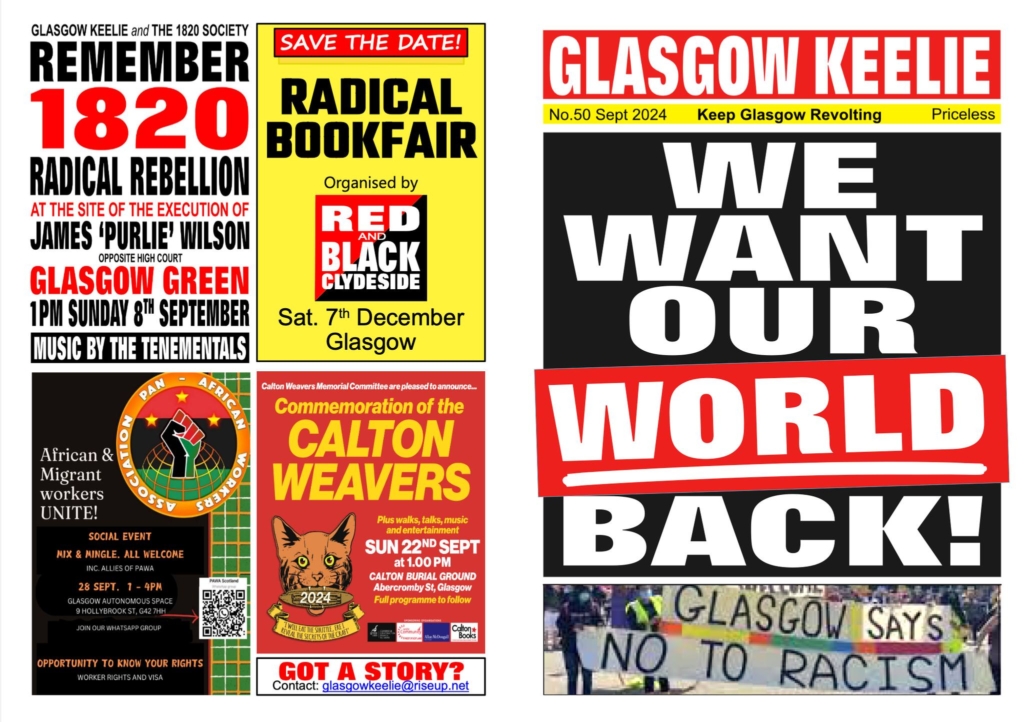

This archive, and archives such as this, are the most fundamental link that we have to our radical past. It is here we make extraordinary discoveries about our family and our community. And we ask ourself, how come I didn’t know that? How come word wasn’t passed down from one generation to the next?
The Spirit of Revolt archive is there as an account and a record of the countless numbers of people who have gone before, beginning from those who have entrusted their papers and records to the archive, and the different people who have contributed to its existence. It’s not a collection of names as in the footnotes to an academic text book, it’s everything that conveys to us the wider picture. Letters, notebooks, scraps of paper; flyers, posters and programmes, the one-off magazines, journals; alternative sources of information; all the bits and pieces – gossip, most welcome.
Archives of this nature have it in them to act as a guiding light. In this most crucial sense they connext us not just to the past but to the present, to wider circles of friends, acquaintances and comrades, linked in various ways. Our history is part of a much wider history. This isn’t a club, it’s a movement, a movement towards liberation. Older comrades spoke about the labour and socialist movements. Some of that way of thinking remains relevant. That very word, movement, it’s a dynamic thing. It’s life. That is life. Life is movement, it is process. The liberation struggle is a process. An archive allows entry into that process. The links between archives take us everywhere. All corners of the globe.
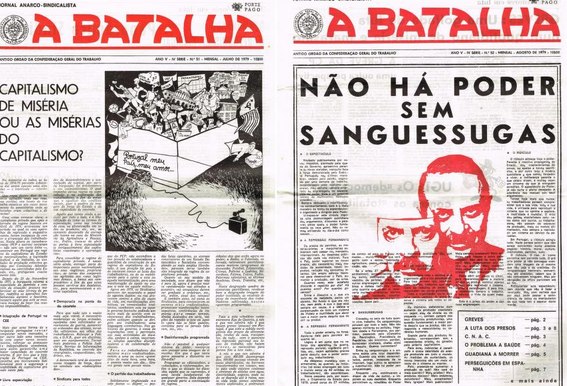

Right here and right now, we are among friends and comrades. This is how we should view the Spirit of Revolt archive, the SOR. Within the archive we are in contact with comrades old and new, activists within the movement, people who fought and struggled as well as they could, who made good moves and wrong moves. People, just people. We discover further that these old comrades and activists include people we know, the names of relatives, ancestors, people who were pals of our parents, of our grandparents; friends and acquaintances from previous generations. We use archival links and trace stuff going back a couple of hundred years.
The names of people in and around where we’re walking, walking where we’ve just walked. Our relations, their friends, their acquaintances, their comrades: spanning the generations. This is our own history. We get an idea of the power of that if we stop and think about it. We don’t have to go anywhere. Here we are in Maryhill crematorium, a cemetry in Cadder. We walk out the door, go a couple of hundred yards and look for the graves of Keir Hardie and Donald Macrae, and do a wee bit of digging – not literally . . . We can do it online. They’re both buried here.
One of the better obituaries of Keir Hardie came from his old friend and comrade, James Connolly, a well-kenned figure in the city. This was way before John Wheatley’s house in Shettleston became a meeting place. Wheatley organised a discussion club that may have begun for young Catholic-Socialists, but evolved into more than that: Jews, atheists, anarchists, all shades of red, ‘godless beings’ also welcome, even Protestants from Ulster, like Captain Jack White who came with Connolly and Jim Larkin.
A wee bit more digging and we see that Keir Hardie’s ancestor was Andrew Hardie, the weaver from Townhead, murdered alongside his comrade John Baird, murdered by due process of the British State in 1820. A wee lassie in Barrhead was two years old at the time – Helen Macfarlane, who came to know Marx and Engels and wrote the first translation of the Communist Manifesto.
The other guy mentioned, Donald Macrae, was known as the Alness Martyr. Later on, after he was blacklisted across the mainland, he got a job in the Outer Hebrides. He led the Deer Park Raid in Lewis back in 1887. Finding out about that links us into another great archive, founded by Angus ‘Ease’ Macleod of Carbost. I used this and discovered a relation of my own wound up in prison alongside Macrae in Edinburgh. I didnay make the discovery until twelve years ago – when I was sixty six!
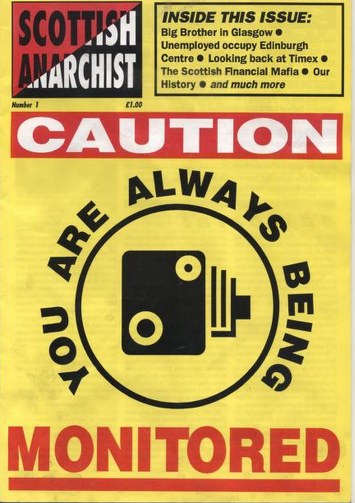

We’re up a hill here. Look across the rooftops of Summerston housing scheme and you’ll see Dumgoyne Hill. The wee village down from there is where ‘the godless’ George Buchanan was born five hundred years ago, hated by nobilities and hierarchies everywhere; imprisoned by the Inquisition, who wrote the most powerful attack on the divine right of kings. Five minutes down the road go the canal path and it takes you to Lambhill Stables where there’s a monument to the Cadder Pit Disaster of 1913: 22 miners were killed; 11 Protestants and 11 Catholics. Because of that religious divide these workmates were buried separately.
What an indictment, so shameful, so needless. whether we like it or not, that sectarianism is how it was and how it remains, the sectarian fires stoked by the British State. But it doesnay have to be like that.
Closer to home, take a ten-minute walk from here down the other side of Gilshochill, there’s an Orange Lodge on Sandbank Street. The Chartist leader, Arthur O’Neill, led the Maryhill contingent from there two hundred years ago! The flute band led the march, the Chartists.
These are our people. This is the beating heart of the Spirit of Revolt. Warts and all. All of them. They are all at the core of our radical tradition. Every shade on the left of the political spectrum is found here. Guy Aldred, Arthur McManus and John Maclean spoke from the same platform, literally, one of these occasions they both chanced to be out of prison and in Glasgow at the same time. There is no room for sectarianism, neither religious nor political.
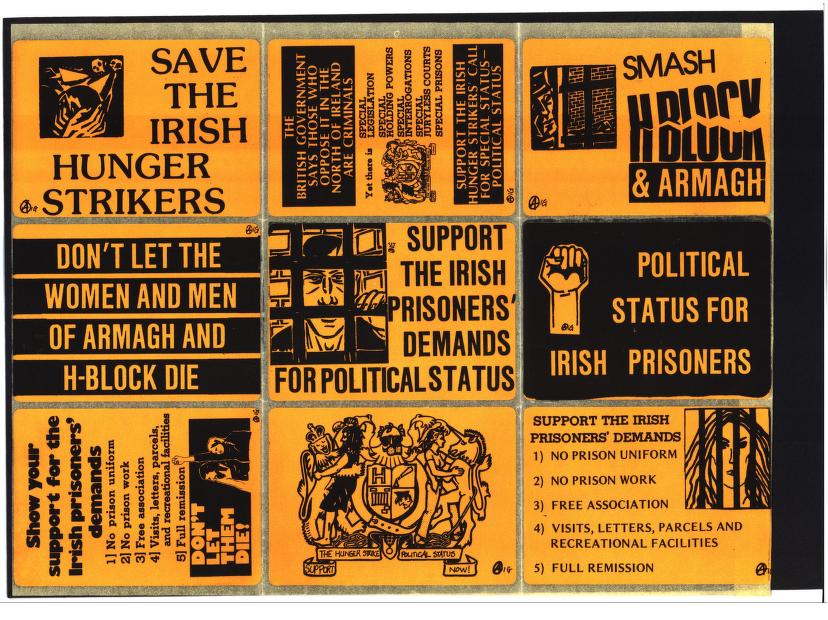

The State and establishment tells us that we exist in the outer reaches, people who take to the streets, people who say no, the non-voters, the anarchists, anti-parliamentarians, ragers against the system, where the State teaches that no distinction exists between left and right, the furthest branches of extremism, ‘terrorists’, dedicated to open warfare against all that’s holy, decent, and obedient; obedient to the law, obedient to the word of the law, obedient to the officers of the law, obedient to the authority of the law, the authority of the authority, ministers, priests, rabbis or mullahs; lawyers, doctors, educators, bureaucrats, professional politicians, father, son and all kinds of holy men.
Obedience obedience, at all costs obedience. It is the exercise of authority, a priori, and by a priori I mean that this authority exists before we do, we are born into it. It is the colonization of our space as human beings. This is the alienation Marx wrote about, the working class experience, lower order people, born into subjection, alienated from our own humanity. We aren’t allowed to be human. We are taught to ignore empathy, fellowship, taught to step over beggars in the street or become walking charities. Who will we help survive this morning, the freezing old lady who sits outside Aldi’s or the guy with the shakes who sits on a wet pavement outside the Bank of Scotland. Who gets the cup-a-soup, who gets the Gregg’s sausage roll.
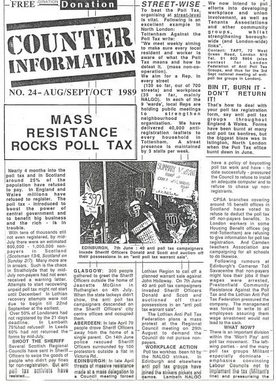

These spirals of distress and despair. All of that is the basis of the rage, and those whose lives and commitments are found in the SOR archive. We grieve for people who were trampled into the earth a couple of hundred years ago never mind yesterday. That is the nature of humanity: solidarity and empathy are at its core. This is the key to John Couzin’s rage against the system, and so many other friends, acquaintances and comrades whose personal archives are collected here in SOR. It is the basis of their passion, moved by the memory of those who suffered agonies in conflict, through needless accidents, injuries, and toxic contamination. Avoidable deaths, avoidable tragedies.
The history to which John Couzin dedicated so much of his life was radical history, a history that begins here in central Scotland but does not end there, no matter from where we hail. Dialogues, forums and discussions feature names from anywhere and everywhere. We cannot separate the cultural from the political. It was not just his political activism, it was his love of the arts, his love of our culture. The archivist is a tradition bearer. The social and cultural are integral within our radical history, the stuff we wrote, the pictures painted, the games we played, the songs and the music. All of these ideas and blethers and theories, actions and transactions, they cross all divisions and boundaries. Glasgow’s radical history is internationalist and cannot help but be internationalist. It is not possible to enter into that radical tradition and not be internationalist. Global capital forces this upon us anyhow. We have to turn away not to see it. Imperialism and colonization begin right here, at the very heart of what it is to be human. Our cause is freedom and the essence of our struggle is solidarity. The anti-authoritarian movement spans the world, is supported by millions of people, and is in solidarity with millions of people throughout the world. Look around. Everywhere people are engaging, defending, struggling, and fighting, across the continents.
An archive like the Spirit of Revolt doesn’t shape what we do but it throws light on areas that otherwise remain concealed from us. It is the most tremendous resource, and is there to be used. It doesn’t operate until we make use of it. If we don’t it remains dormant. We bring it to life. It is up to us. It is an account and a record of the struggles fought, the campaigns waged by our own people. We use it and we learn from it. We discover what actually happened, the reality of what it was to take part, to get involved, to take them on and fight for what we believe.
Earlier I mentioned Dumgoyne Hill. There’s another wee hill way before there, near Antonine’s Wall. That’s the old village of Summerston, the original Summerston. It even had its own railway station. The singer and balladeer, Joe McAtamney was born there and loved talking about the history. Years ago in the Scotia Bar, I was having a pint with Joe. Ye’ll need to come in and meet with me and John Couzin, he says, us and a couple of pals, he says, we meet every week. John’s kind of grumpy, he’s an anarchist, but ye’ll like him.
Joe was spot on.
John Couzin. RiP.
Spirit of Revolt – Archives of Dissent. The Archive collects, manages and preserves multi-media records from Glasgow’s and Clydeside’s anarchist and libertarian-socialist past and present.



Good to be reminded of that radical history. Thanks